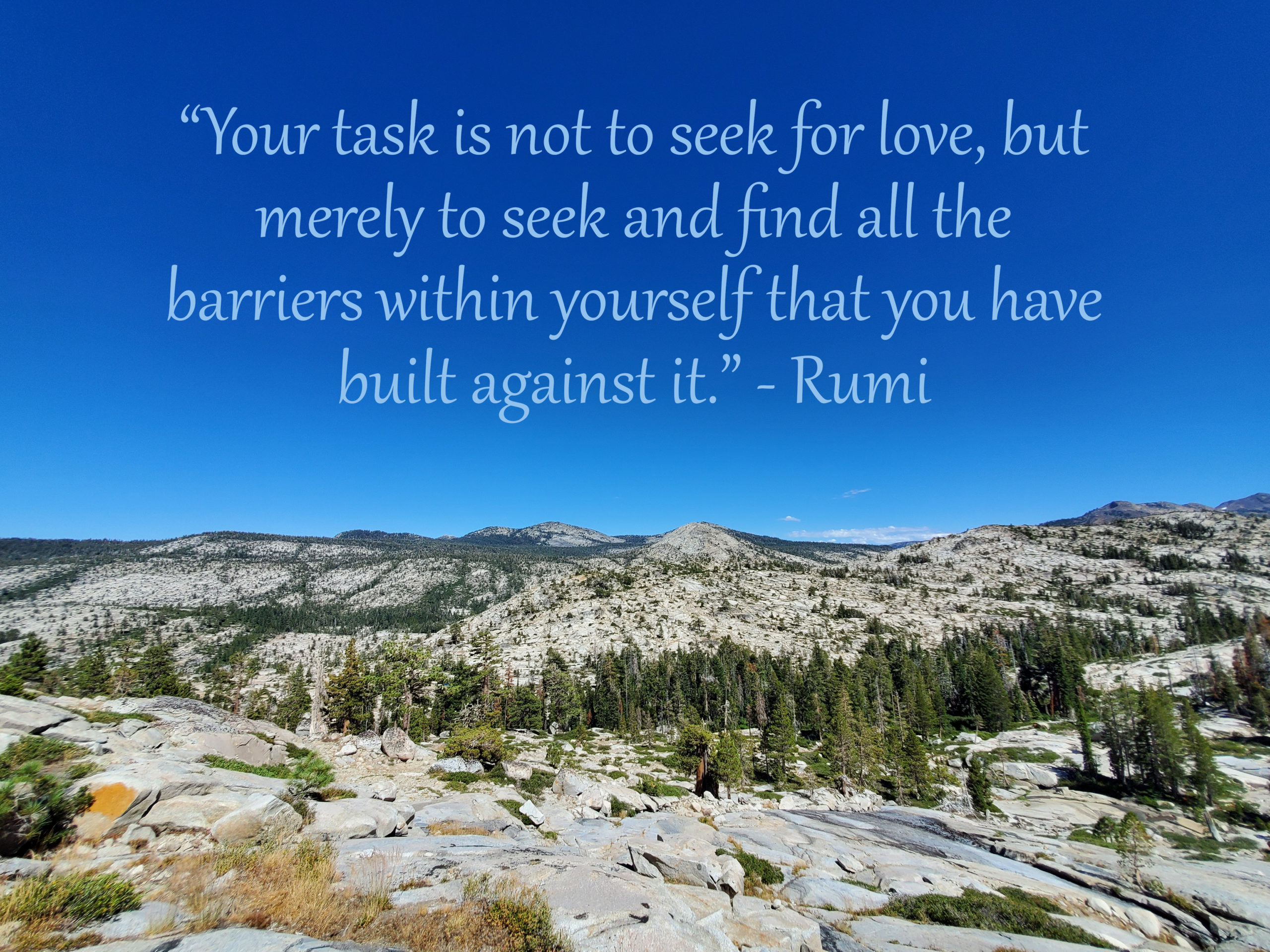Videos
Gabor Mate on authenticity
Paul Conti
Dr. Conti is the trauma expert in this podcast. Dr. Huberman conducts an excellent interview, knowing great, nuanced questions to ask.
Healing Your Trauma In the Light of Awareness | Rupert Spira
Post-Traumatic Growth
Simply learning about the concept of “posttraumatic growth” in itself can be therapeutic and instill hope. Posttraumatic growth is the idea of how we can exhibit “antifragility” (becoming stronger from adversity) in the face of traumatic events. How this happens (as opposed to experiencing only damage from trauma) is complex, nuanced, and ever-under investigation. But it can be helpful to simply have the idea on our radar — that very hard experiences can actually, with work and healing, leave us wiser, stronger, deeper, and more compassionate.
Books
The Myth of Normal — Gabor Mate
In this book, Gabor Mate focuses on not only on family influences of trauma but the broader context of society – the family of families – that has many interpersonal and social ills that trickle down to the individual. Often in psychology, mental health, and medicine, the individual is the unit of focus, and individual diagnoses (depression, anxiety, ADHD, etc) are given. This book zooms out and looks at the problem from the larger view of the society and posits that it creates individual suffering. I think that Dr. Mate is a great communicator and exudes caring and compassion. His online talks are widely available and also recommended.
The Body Keeps the Score — Bessel Van Der Kolk
Complex PTSD: From Surviving to Thriving (Pete Walker)
In an Unspoken Voice: How the Body Releases Trauma and Restores Goodness (Peter Levine)
Peter Levine focuses on somatic (body) storage and release of trauma. He makes the case that animals have a natural ability (that humans have often lost) to literally shake off their stress and trauma. This approach is not cognitive or intellectual but more primal and I think it is a useful lens to understand on one’s journey toward healing from trauma. Dr Levine has various talks online as well in which he explains his views and approach to trauma.
Homecoming: Reclaiming and Healing Your Inner Child (John Bradshaw)
Homecoming uses the “inner child” model and provides some great exercises for how to provide our selves the love and confidence that we didn’t necessarily receive from our parents as a child.
Running on Empty: Overcome Your Childhood Emotional Neglect (Jonice Webb)
Trauma doesn’t always come from abuse. Neglect is often the other side of the coin. It could have been not so much the presence of something harmful, but the absence of the vital needs of love, connection, and attention. Emotional neglect can be insidious in that it can be hard to pinpoint or realize. But indifference toward our experience or emotions can sometimes be as harmful or more harmful than negative attention from parents.
The Drama of the Gifted Child (Alice Miller)
This book, originally published in Europe around 1980 and revised since then, illustrates how parents can inadvertently wound their children by prioritizing their own emotional needs (due to the parents’ own unhealed and unconscious attachment trauma from childhood) at the expense of their children.
